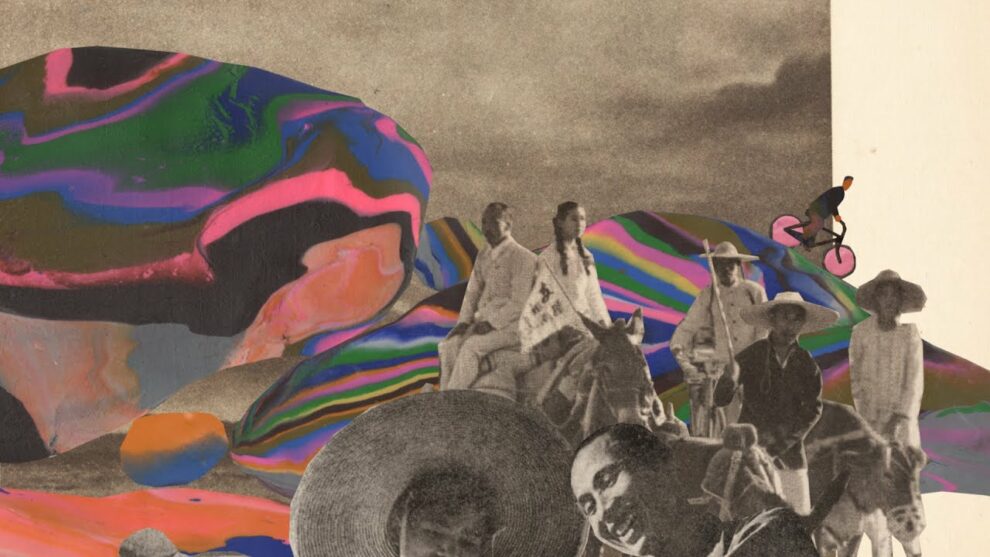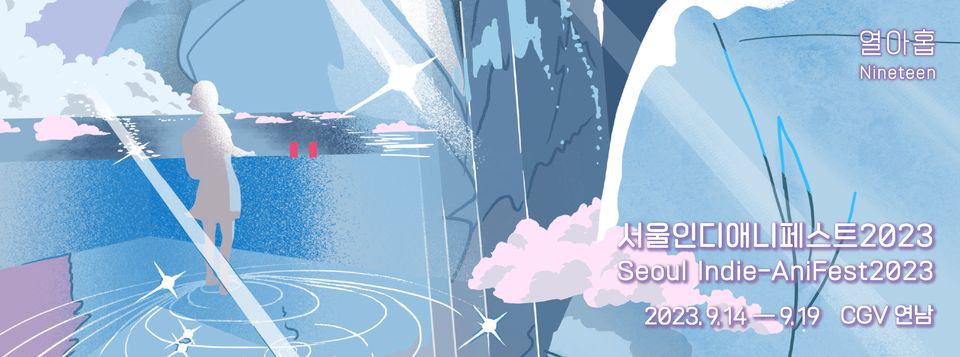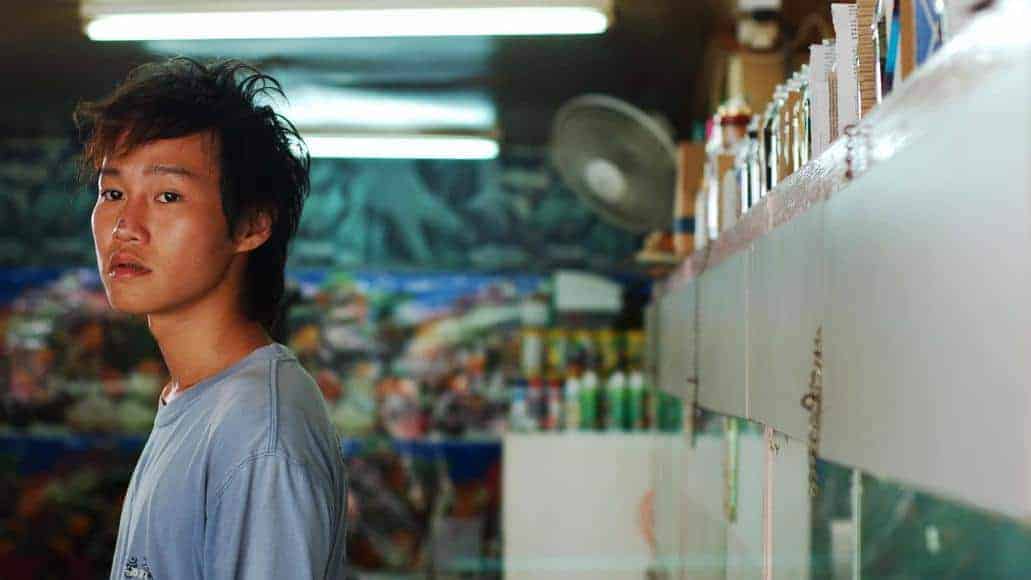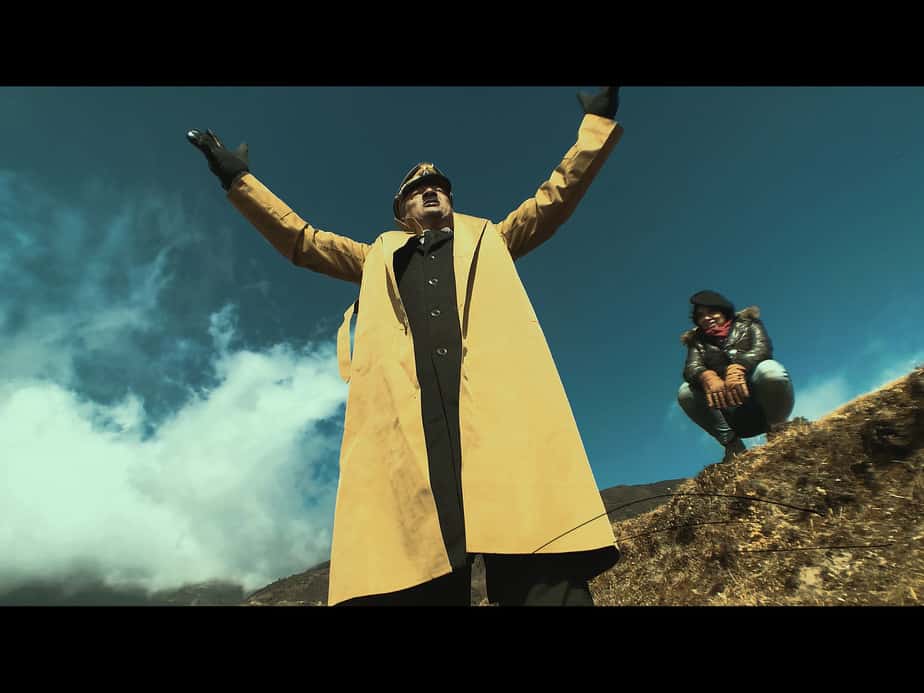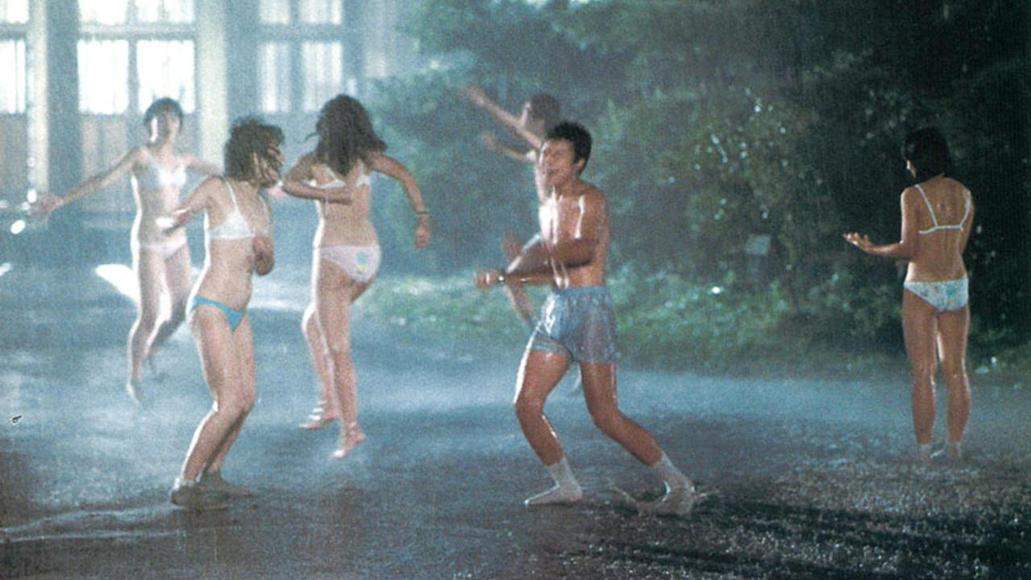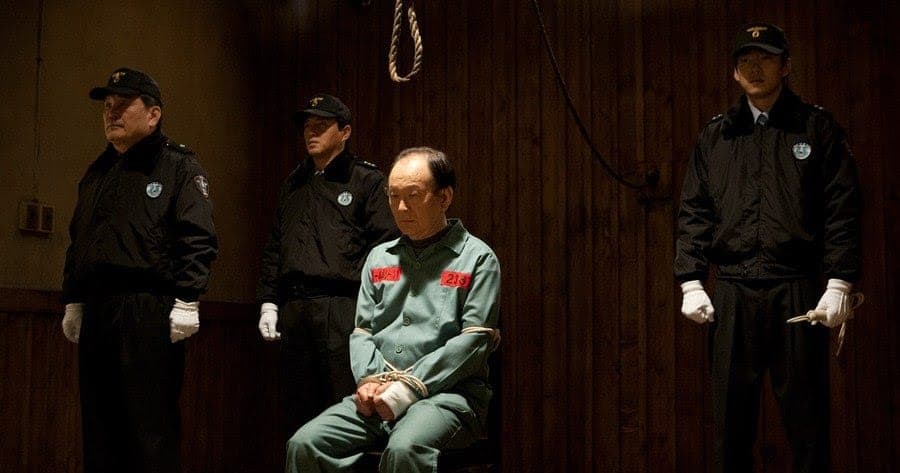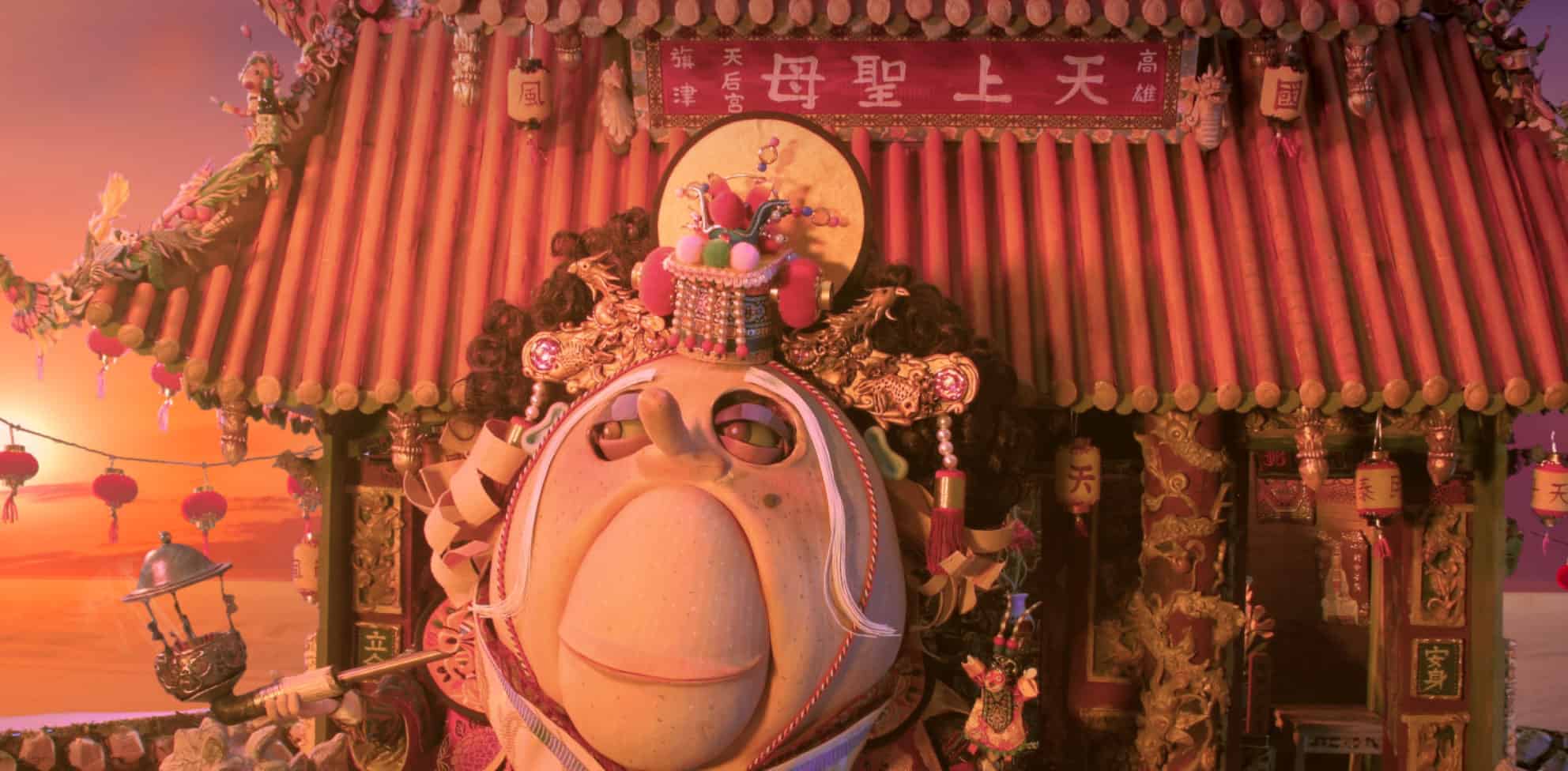Last year, two animated documentaries kicked off the festival year: Jonas Poher-Rahmussen's “Flee” at Sundance, and Lei Lei's “Silver Bird and Rainbow Fish” (2022) a week later, at Rotterdam. It is hard to tell why exactly “Silver Bird and Rainbow Fish” faded to the background so much, however. Perhaps it was the linear storytelling of “Flee”; perhaps it was the timeliness of an Afghan refugee narrative; or, perhaps, it was simply because Sundance happened to premiere their work one week earlier than Rotterdam. Either way, “Silver Bird” has been quietly making its way around the film festival circuit since. After a series of premieres at animation festivals like Annecy and Ottawa, Lei Lei's latest feature film touched down at Seoul's Indie-Anifest last month, where it won the Jury Special Prize.
“Silver Bird & Rainbow Fish” screened at Indie-Anifest
“Silver Bird and Rainbow Fish” develops as an inquiry into Lei Lei's own family history. Here, through a series of audio interviews, Lei Lei's father Jiaqi and grandfather Lei Ting recount their experiences from The Great Leap Forward (1958-62) through to the Cultural Revolution (1966-76). The story starts with 1959 China. Upon the death of Lei Lei's grandmother and Lei Ting's assignment to the fields during the Great Leap Forward, Jiaqi and second-oldest sister live at an orphanage while the eldest studies at an airforce academy in Nanding. From there, his lineage marks milestones, big and small. From simple pleasures like going to the movies, to ideological initiatives like political re-education camp, the film follows the tales of a single family living through history – laughter, heartache, and all.
Throughout the film, Lei Ting and Jiaqi remain notably reticent about their political opinions. Instead, they process the earthshaking events before them with a dose of good humor and a familial warmth. In response, Lei Lei matches his animation style to the tone of their narrative. He places colorful daubs of clay-shaped faces over photographs, as if preserving the anonymity of his family line; he juxtaposes strips of colored paper with the black-and-white newspaper archives. To fill in the blanks, he allows us to peek into his process, as he presses, smushes, and stretches his clay recreations of lived people on-screen. In so doing, Lei Lei continually reminds us of the stark differences of the present while his interviews ruminate upon the past.
As animated documentaries go, “Silver Bird and Rainbow Fish” falls more on the experimental side. This is reminiscent, as revealed in the Q&A of the festival, of his earlier entry to the festival, “Books on Books” (2016). In this short fllm – also an ode to his father, who collects Western books and magazines – geometric paper cutouts flash and rotate in stop motion, spiraling across the screen amid a rapidfire portrayal of luxurious book covers. However, while “Books on Books” dances to the tinkle of a cosmic soundscape, “Silver Bird and Rainbow Fish” remains more faithful to the crackle of a mutter, the grumble of construction. The difficulty to fully capture a memory remains ever-present throughout Lei Lei's work.
All in all, Lei Lei's feature debut is certainly an attractive watch. However, for those who may be less well-versed in experimental animation, “Silver Bird and Rainbow Fish” may prove – despite its linear chronology – to be an engaging one. Lei Lei deliberately avoids outlining the stakes, sidestepping potential consequences and instead allows the events of the past to wash over the viewer. For a short, this makes for a lovely aesthetic, but – for 104 minutes, one's attention is prone to ebb and flow. Altogether, however, “Silver Bird and Rainbow Fish” is certainly a noteworthy homage to one's lineage.


